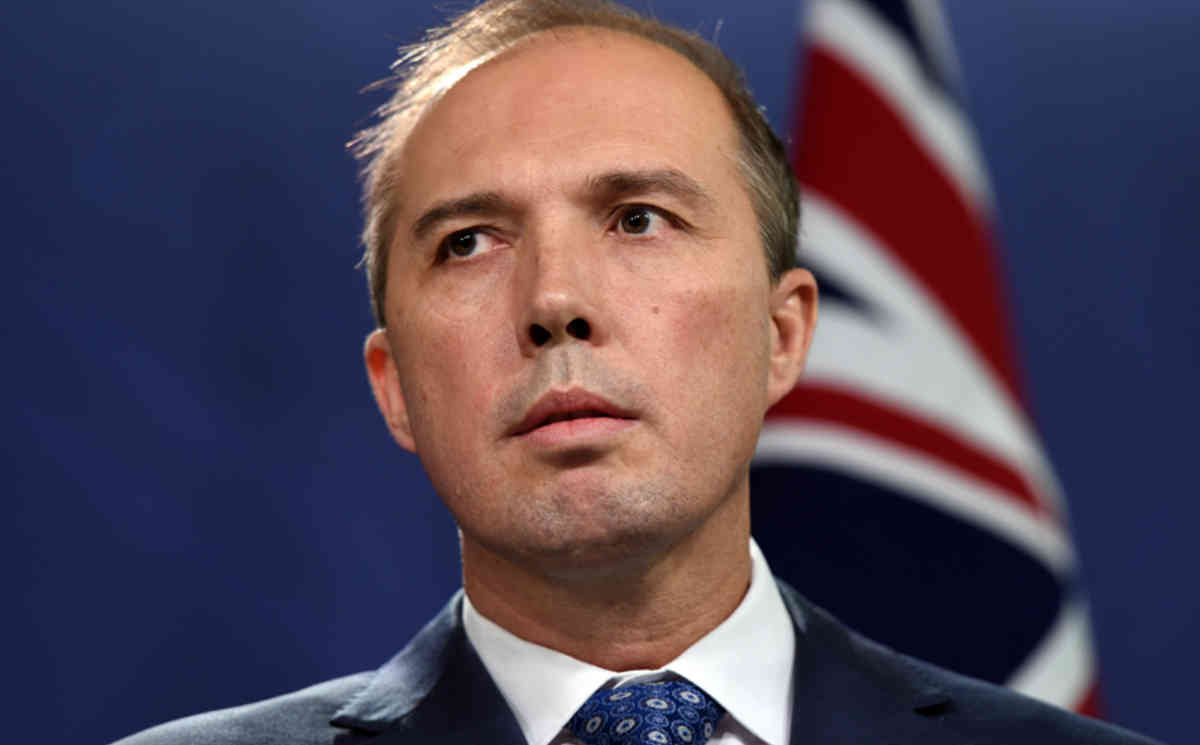The Minister for Immigration and Border Protection, the Honourable Peter Dutton, has exercised the rarely used power of ministerial invention to intervene in the case of Linda Oppel, a South African woman who originally immigrated to Australia on a subclass 457 Temporary Work (Skilled) visa.
Under sections 391, 417, 454 and 501J of the Migration Act 1958 (Cth) (‘Act’), the Minister for Immigration and Border Protection can intervene in the decision of a review tribunal where he considers it in the public interest to do so. ‘Ministerial Intervention’ refers to the Minister’s powers that allow him to intervene to substitute a review tribunal’s decision on a person’s case with a decision that is more favourable to that person.
In an extraordinary set of events, Ms Oppel was initially refused a subclass 835 Remaining Relative visa, which she applied for onshore after her husband of 30 years passed away leaving her no family in South Africa, on the basis that her sister was not related to her, despite the two of them being biological siblings evidenced by a DNA test. The primary requirement for a Remaining Relative visa is that all of the applicant’s ‘near relatives’ live in Australia, one of which will sponsor the applicant for permanent residency. A ‘near relative’ is defined in the legislation as an applicant’s or an applicant’s partner’s “parent (including biological and step-parent), brother, sister, stepbrother or stepsister, child (including stepchild) who has turned 18 years of age and is not a dependent child, or child (including stepchild) who has not yet turned 18 years of age and is not in the applicant and the applicant’s partner’s daily care and control”.
At the age of 12 in 1965, both of Ms Oppel’s parents were tragically killed in a car accident in South Africa, leaving her and her older sister Monica orphaned. After a period in foster care, Ms Oppel was adopted by her adult-aged half-sister however as Monica had recently turned 18, she was too old for adoption under South African law and as a result, the two sisters were separated.
In light of Ms Oppel’s adoption, the Australian government refused her visa application, declaring that her older sister, while biologically related to her and living in Australia, was not legally her sister and as such, not a ‘near relative’ under the Act. Accordingly, Ms Oppel’s Remaining Relative visa application was refused along with her appeal to the Migration Review Tribunal, which found that she was not entitled to the visa because her familial link to Monica was ‘severed’ as a result of her adoption as a child. It was ultimately ordered that Mr Oppel depart Australia leaving behind not only Monica but also her son and grandchild.
The Immigration minister subsequently became aware of the case by reading about it in the media and intervened to postpone the deportation order until he could study the case more closely. Following a formal request for ministerial intervention, Mr Dutton intervened and on 10 July 2017, granted Ms Oppel permanent residency in Australia.
In the event that you have had an appeal to the Migration Review Tribunal or Administrative Appeals Tribunal refused and are facing an order to leave Australia, contact Marino Law’s expert team of immigration lawyers to determine whether you may have prospects of obtaining ministerial intervention in your case.

